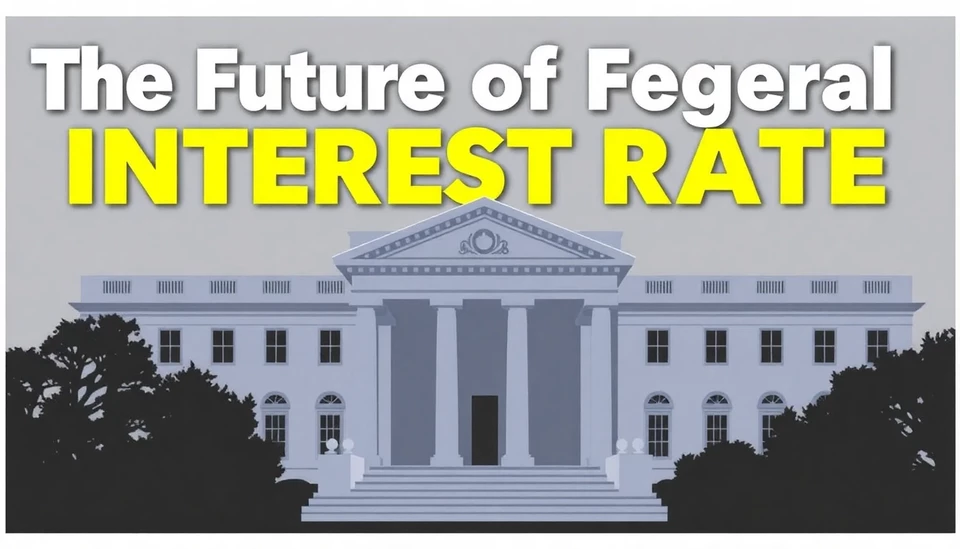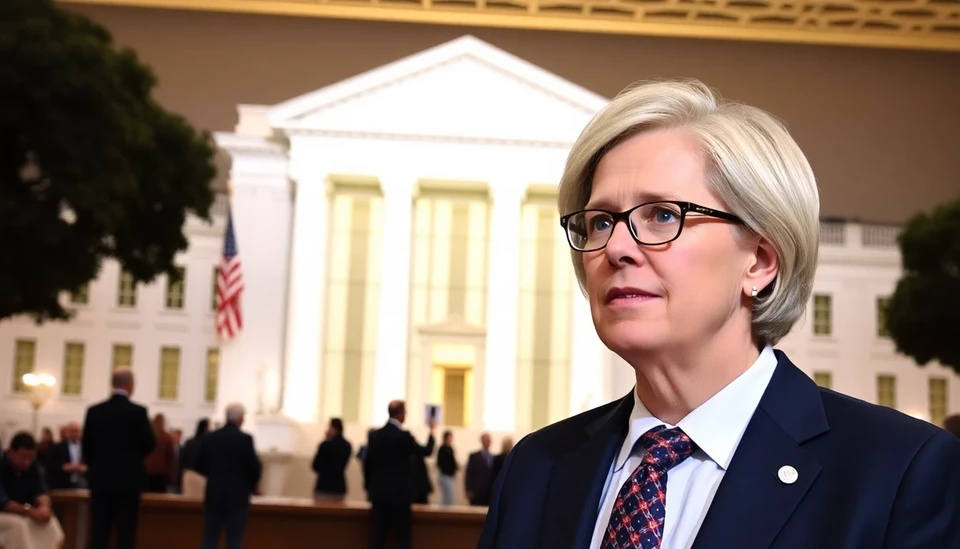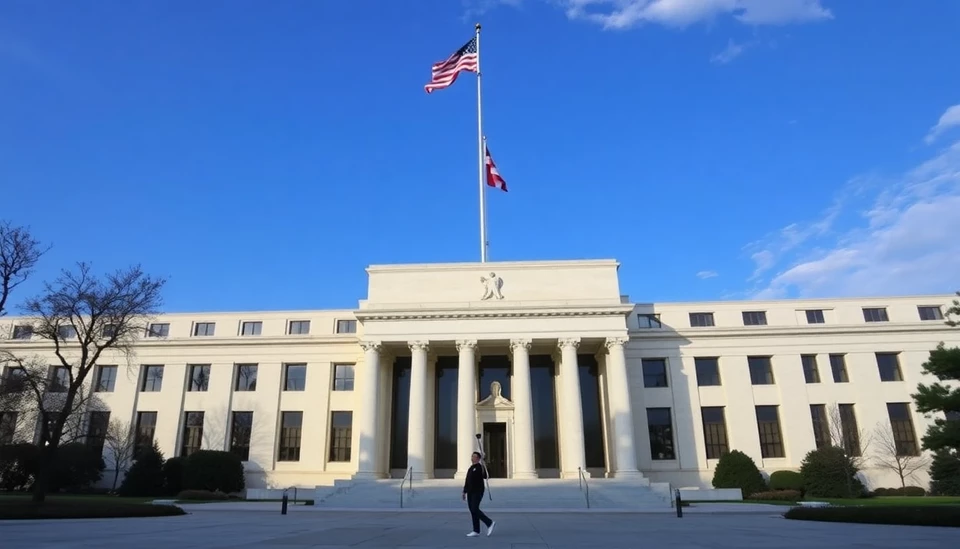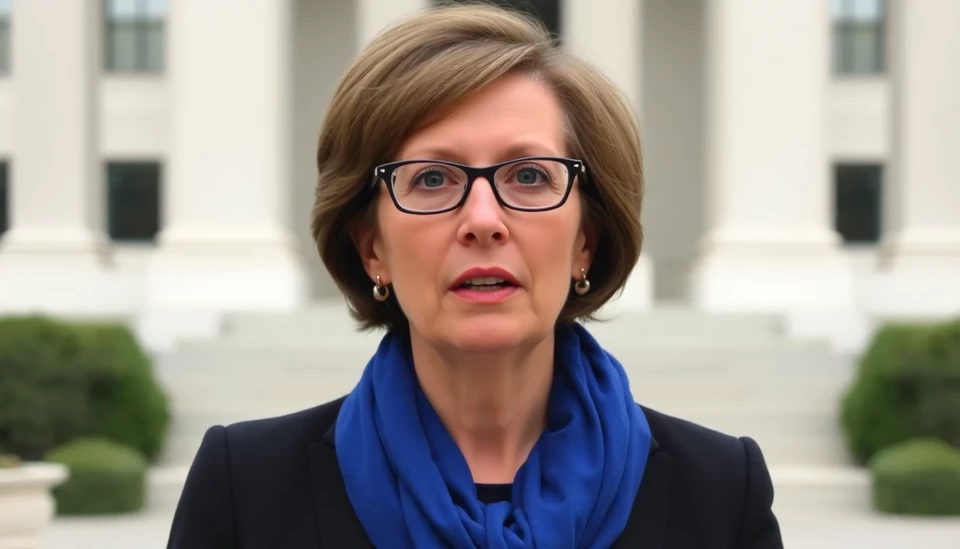
During a recent analysis, Nomura Holdings Inc., a leading global financial services group, commented on the heavy influence of Federal Reserve Chair Jerome Powell in decisions related to monetary policy. Such great influence is expected to yield a more conservative attitude toward interest rate changes and particularly cuts to the rate expected from the Federal Reserve.
Nomura said that, given Powell's singular voice and approach to decision-making, the centerpiece of the Fed's policy direction has increasingly been his views, a bit of a departure from the more collaborative and consensus-driven type of decisions typically expected from the Federal Reserve. Such a Powell-dominated influence could suggest that rate cuts in the future shall be less aggressive than earlier anticipated.
This is against the background of economic challenges and uncertainties seen to affect the Fed's policy outlook, Nomura analyzed. While several market participants and analysts have been calling for more aggressive rate cuts to counter pressure from economic slowdowns, it appears Powell is supporting a relatively measured approach.
This would seemingly make any adjustments due to such conservativeness in policy a good relation with Powell's traditional cautiousness toward financial stability and making sure that inflation is in check. It is suggested by Nomura that such a move would be meeting market expectations and, therefore, could lower volatility associated with sudden changes in policy.
Moreover, in the report, Nomura describes Powell's influence setting the tone for recent Federal Reserve announcements and strategies. Observers tend to point to his carefully crafted communications of gradualism and pragmatism, underscoring the Fed's commitment to data-dependency.
This view comes from Powell as he balances a global economy beset by concerns of unabated inflation, geopolitical tension, and mixed signals of growth in the United States and elsewhere. And Nomura's report does suggest what the likely route of the Federal Reserve is going to be-a keenly watched one, considering how much monetary policies remain important in the scheme of things to worldwide financial markets.
In short, under the Powell leadership and philosophy on economic strategy, expectations are for a less aggressive change path for interest rates, with ongoing conflict likely between the requirements of economic stimulus and imperatives of financial stability. This perspective, according to Nomura, represents one of the key elements of how monetary policy may evolve as 2024 approaches.
To those accustomed to keeping a close eye on developments within the world of finance, Powell is surely an influential position that will probably create an impact on decisions about policy. This key factor will doubtless continue to play its part in shaping strategic financial planning and expectations in markets for many months to come.
The insight from Nomura is an important understanding of the interplay between individual leadership styles and collective economic strategies at the pinnacle of financial policymaking.
#FederalReserve #JeromePowell #Nomura #InterestRates #MonetaryPolicy #EconomicStrategy #FinancialStability #MarketExpectations #InterestRateCuts #GlobalEconomy
Author: Rachel Greene




